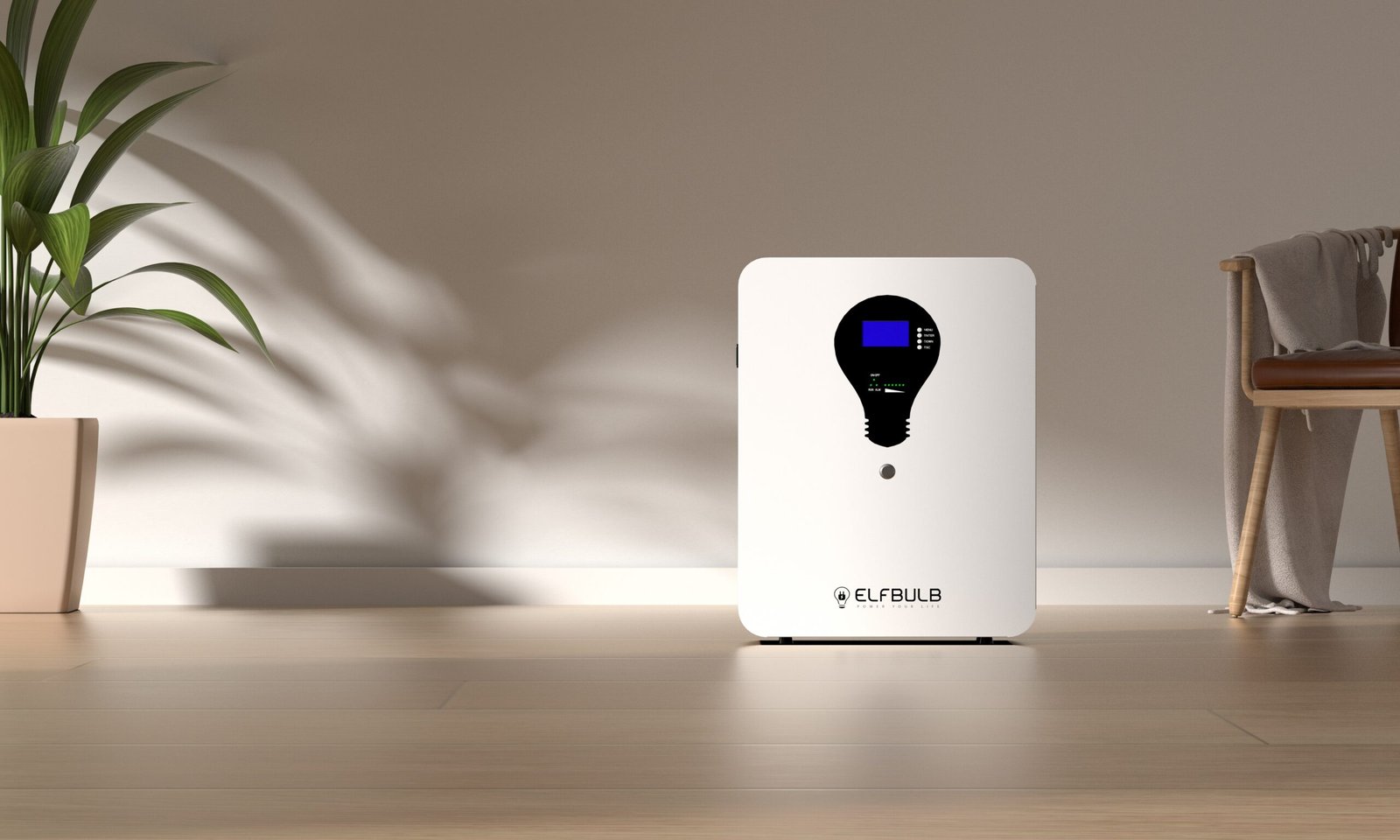Let’s dive into the fascinating world of 100Ah vs 200Ah batteries. These two battery capacities are commonly used in various applications, from solar power systems to recreational vehicles. In this blog post, we’ll explore the differences, advantages, and considerations for each type.
Understanding Battery Capacity
Before we compare 100Ah and 200Ah batteries, let’s clarify what these numbers represent. The Ah (ampere-hour) rating indicates the amount of charge a battery can deliver over a specific period. Here’s a quick breakdown:
- 100Ah Battery: Can provide 100 amps of current continuously for one hour.
- 200Ah Battery: Can deliver 200 amps of current continuously for one hour.
Power Output and Backup Time
- 100Ah Battery:
- Provides a decent amount of power for moderate applications.
- Suitable for small solar setups, camping, or powering low-draw devices.
- Backup time depends on the load; it might last several hours to a day.
- Compact and lighter than its larger counterpart.
- 200Ah Battery:
- Packs more punch in terms of power output.
- Ideal for larger systems, off-grid living, or running high-demand appliances.
- Offers extended backup time due to its higher capacity.
- Bulkier and heavier but provides longer autonomy.
Considerations
a. Space and Weight
- 100Ah: Smaller and easier to handle. Great for tight spaces.
- 200Ah: Larger and heavier. Requires more room but offers greater energy storage.
b. Redundancy
- 100Ah: If one battery fails, the other can still provide power (if using two in parallel).
- 200Ah: Single battery; no redundancy. Failure means complete power loss.
c. Cost
- 100Ah: Generally more affordable.
- 200Ah: Slightly pricier due to its larger capacity.
d. Lithium vs. Lead-Acid
- Lithium Batteries:
- Both sizes available.
- Lightweight, longer lifespan, faster charging.
- Expensive upfront but cost-effective over time.
- Lead-Acid Batteries:
- Commonly found in 100Ah and 200Ah variants.
- Heavier, shorter lifespan, slower charging.
- More budget-friendly initially.
Conclusion
Choose based on your specific needs:
- 100Ah battery: Versatile, portable, and budget-friendly.
- 200Ah battery: Powerful, long-lasting, and suitable for energy-intensive setups.
Remember to verify specifications, consider your power requirements, and decide whether redundancy matters. Whether you’re building a solar system, setting up an RV, or planning an off-grid adventure, the right battery choice can make all the difference!

